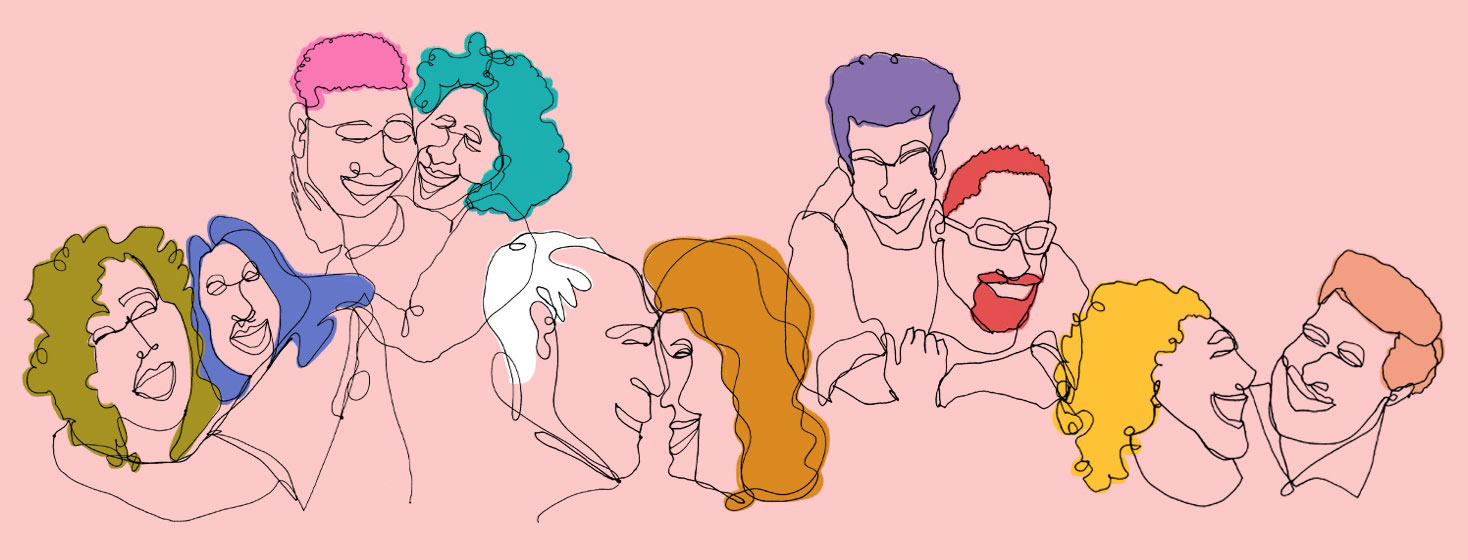3 Things That Help Our Relationships While Living with MG
Relationships are beautiful, but they can also be complicated. They take work and they take effort. Throwing a chronic illness into the mix just complicates them further.
Sometimes we don’t even have the energy to take care of ourselves - how are we supposed to support and nurture our relationships?
Challenges of an invisible illness
I’ve found over the years that myasthenia gravis (MG) can come in between a lot of our relationships, mostly due to the fact that it’s an invisible illness. Looking fine when we don’t feel fine has the potential to complicate our relationships further.
It can lead to resentment when our spouses or our coworkers assume we are being lazy or not doing our fair share. It can confuse our children when we have enough energy to play one moment but need to rest the next.
Believe me when I say that no one is more frustrated than us when we can’t show up for our relationships the way we want to though. I’ve learned that there are 3 simple (but important) things that can greatly improve our relationships after an MG diagnosis.
The value of communication
The first one should come as no surprise; communication. This obviously serves as a valuable tool for all relationships but it is especially necessary when one person has a chronic illness.
The reason is that most of us with MG don’t want to be a burden or be complainers. We certainly don’t want to look weak or incapable either, which often leads us to pretending like we are okay when in fact we aren’t. Putting on a front can only lead to confusion and frustration from our peers and loved ones.
If we look fine and say we’re fine, how are they to know how we really feel? Not to mention that they might feel blindsided or rejected when we suddenly decline an invitation or call in sick when we just said we were okay. Direct communication, being open, and honest is always the best policy.
Patience goes both ways
The second thing that helps is patience. That can go both ways in our relationships. Unless you have MG or a similar illness, it can be very difficult for someone else to understand what we go through on a daily basis.
No one gets it like the ones who have walked a mile in our shoes. But even then, we are all so unique and different. That is why we need patience when we say we aren’t able to do something or when it takes us longer to do it.
In turn, we need to have patience for our loved ones when they are trying to understand how we feel or where we are coming from, but can’t quite get it. At least we are all trying, right?
Understanding from others
The last thing that helps our relationships is understanding. Like I mentioned above, it can be hard for someone to relate or sympathize with what we go through when they haven’t gone through it themselves.
However, we all have a level of understanding when someone says they need to rest or that they don’t feel well enough to participate in certain things. We need that understanding more than ever since the last thing we want to do is hurt feelings or make the people we care about upset.
It can also be a real struggle for us to constantly explain ourselves. Having people in our lives who just get it (without actually getting it) allows us to focus on feeling better and not feeling guilty.
It makes a difference
At the end of the day, and regardless of being chronically ill, these things are important to maintaining healthy relationships even when we aren’t feeling our healthiest.
While they may seem simple, communication, patience, and understanding from our peers and loved ones can make a huge difference in our journey with MG.
Since relationships are so important to our healing, focusing on these 3 things will make a huge impact on our day to day lives.

Join the conversation